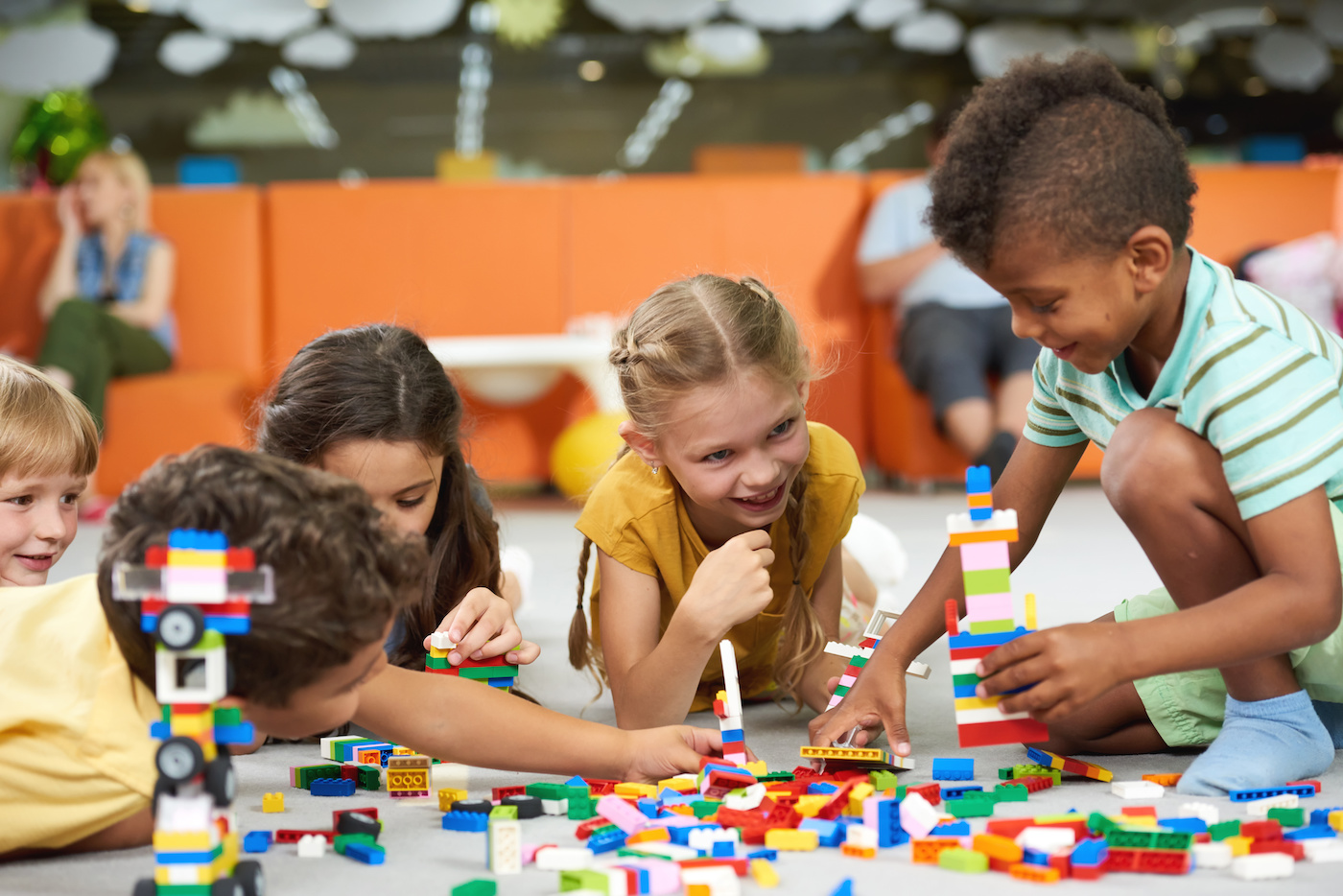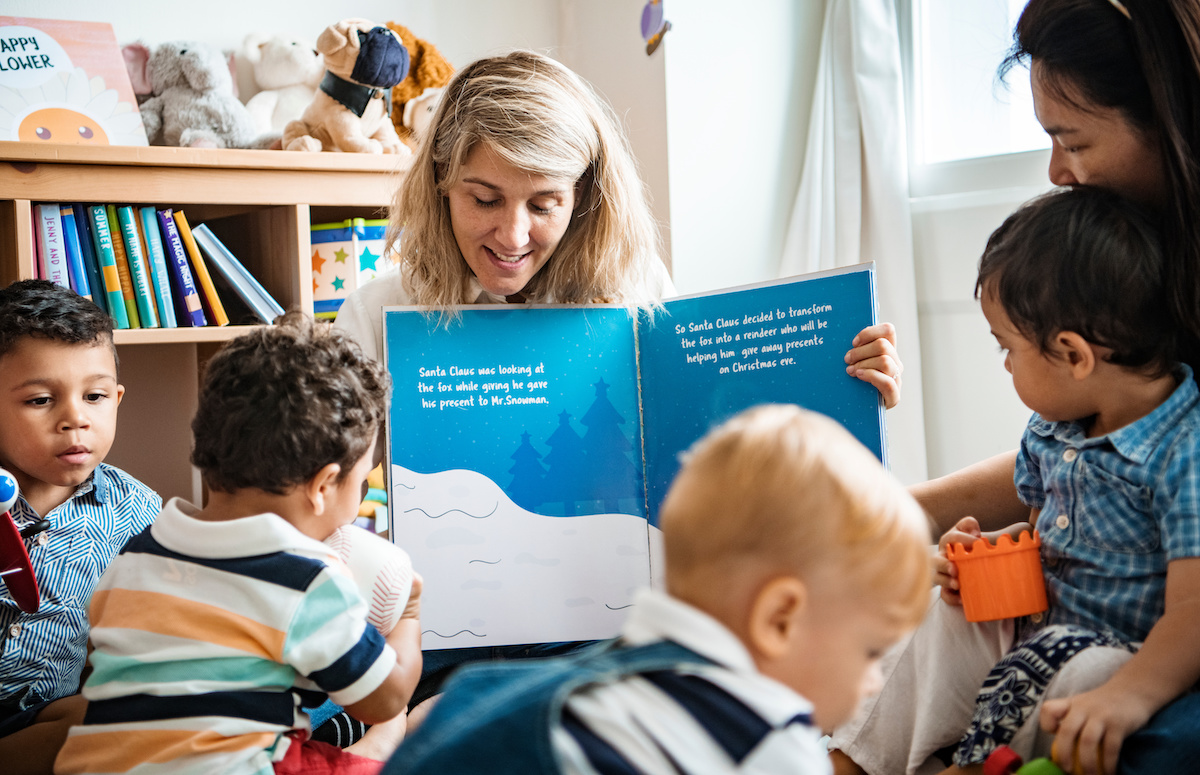Children’s literature is crucial for learning and development. Literature allows children to grow, imagine, and learn. Here are just a few reasons that children’s literature is vital for early childhood education and care.
Language Development
Children’s literature exposes young learners to rich vocabulary, sentence structures, and language patterns. Reading aloud to children helps them develop their listening and speaking skills, expanding their vocabulary and understanding of language.
Cognitive Development
Engaging with stories and books stimulates children’s cognitive abilities. They learn to follow narratives, make predictions, and understand cause and effect relationships. It enhances critical thinking, problem-solving, and comprehension skills.
Imagination and Creativity
Children’s literature fosters imagination and creativity. Through vivid illustrations and captivating stories, children can explore different worlds, characters, and scenarios. This imaginative play supports their creative thinking and helps them develop their own storytelling abilities.
Emotional Development
Books provide a safe space for children to explore and understand their emotions. Stories often feature relatable characters facing various challenges and experiences. Children can identify with these characters and develop empathy, compassion, and emotional intelligence.
Cultural Awareness and Diversity
Children’s literature exposes young learners to diverse cultures, traditions, and perspectives. It helps them appreciate differences and promotes inclusivity. By reading stories featuring characters from various backgrounds, children develop a broader worldview and acceptance of others.
Early Literacy Skills
Children’s literature serves as a foundation for developing early literacy skills, including letter recognition, phonics, and reading comprehension. Exposure to books and stories at a young age contributes to building a strong foundation for later reading and writing abilities.
Bonding and Relationships
Reading together creates meaningful bonding experiences between children and caregivers. It strengthens relationships, improves communication, and provides opportunities for shared enjoyment and quality time.
Children’s literature is important in early childhood education and care as it supports language development, cognitive growth, imagination, emotional understanding, cultural awareness, early literacy skills, and meaningful relationships. Incorporating quality children’s literature into early learning environments can have a positive and lasting impact on young learners.




